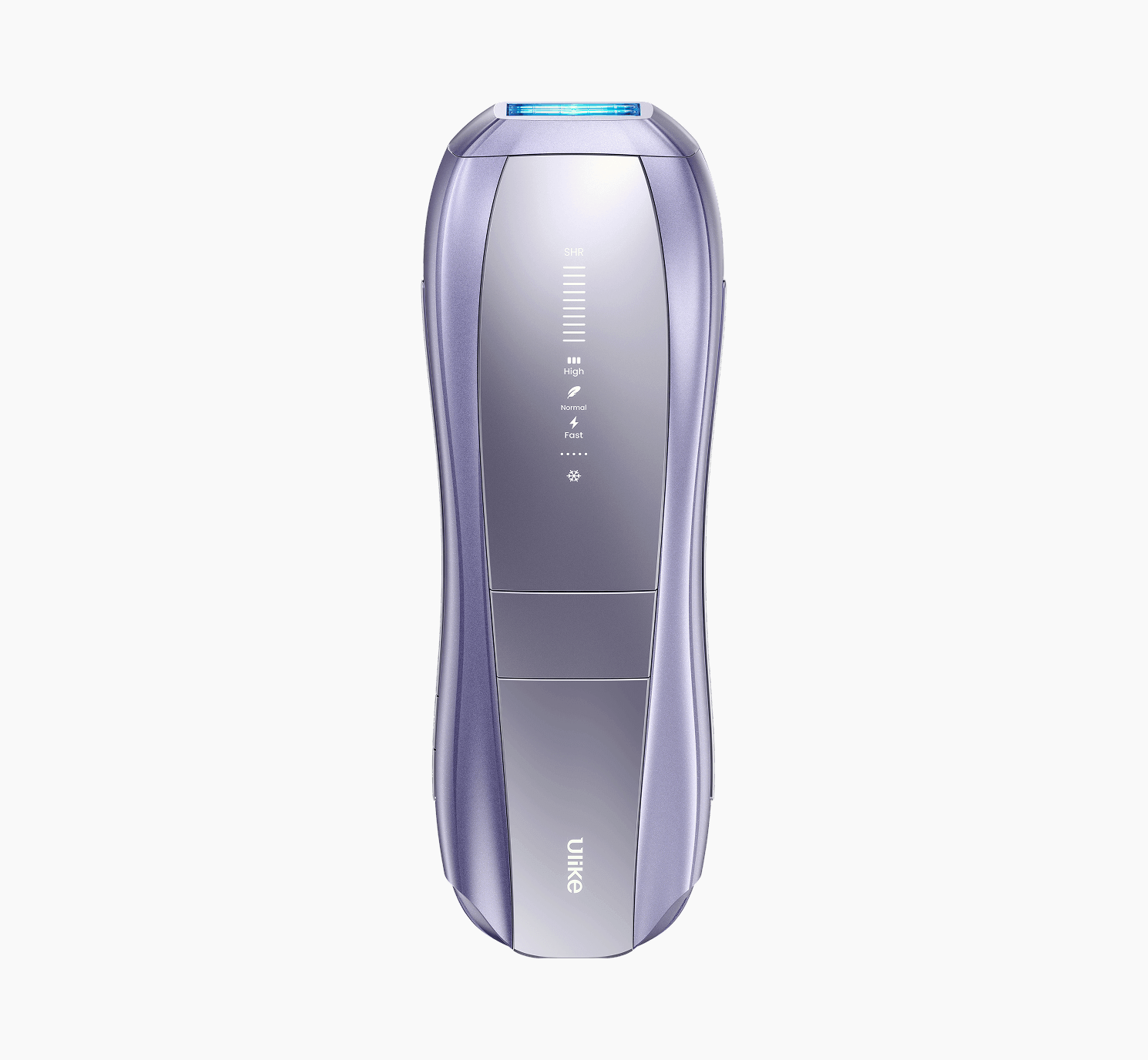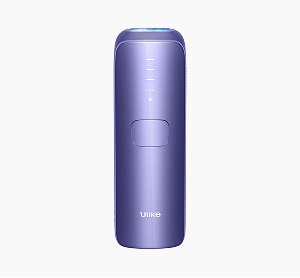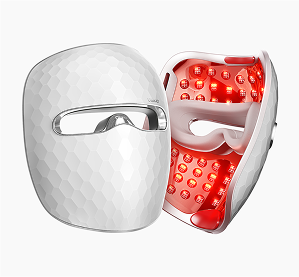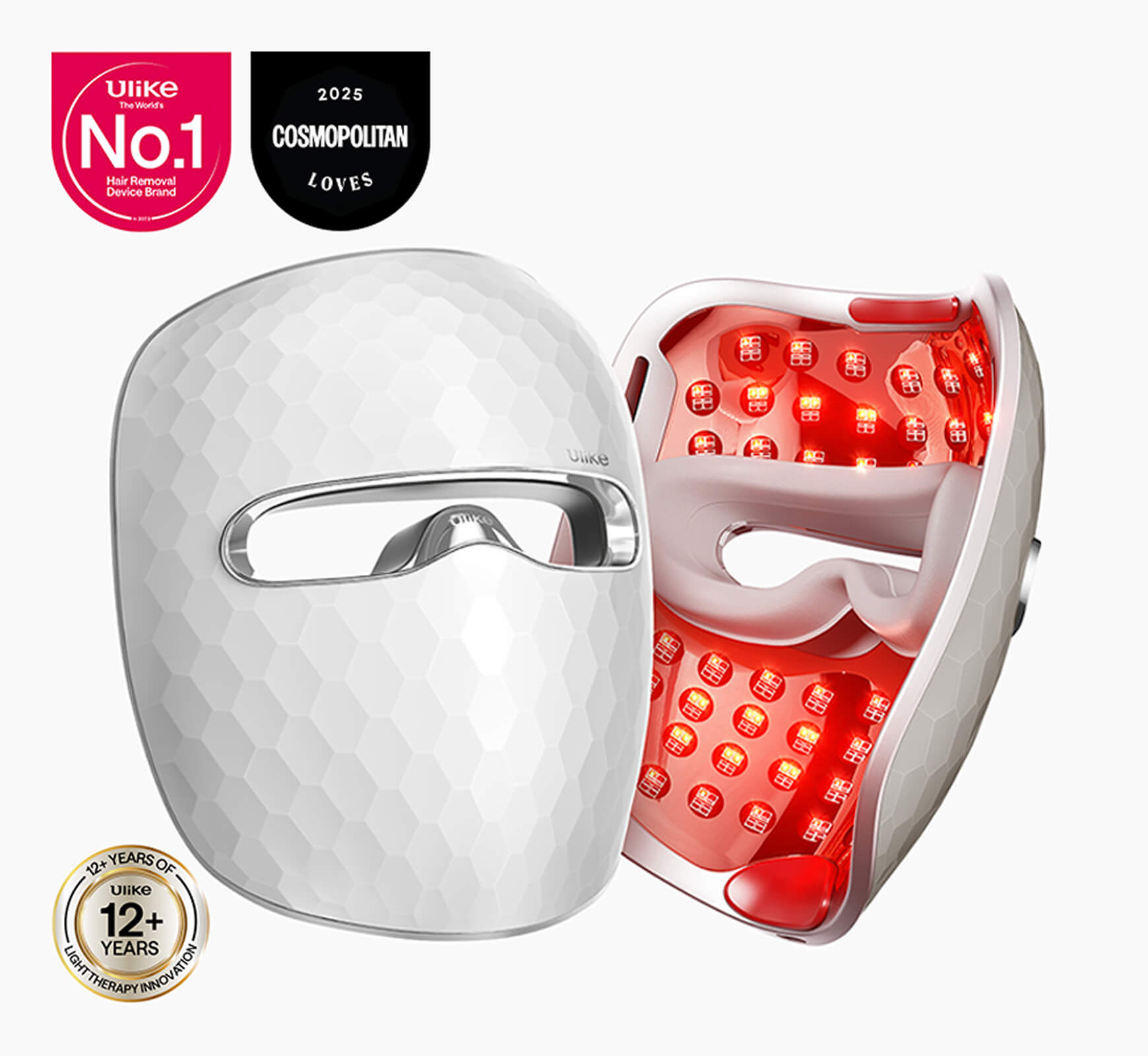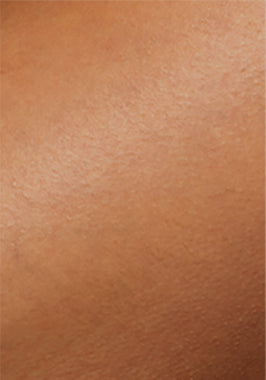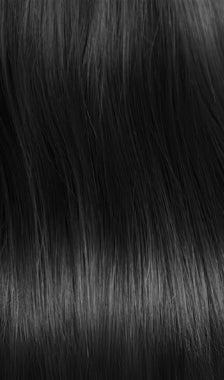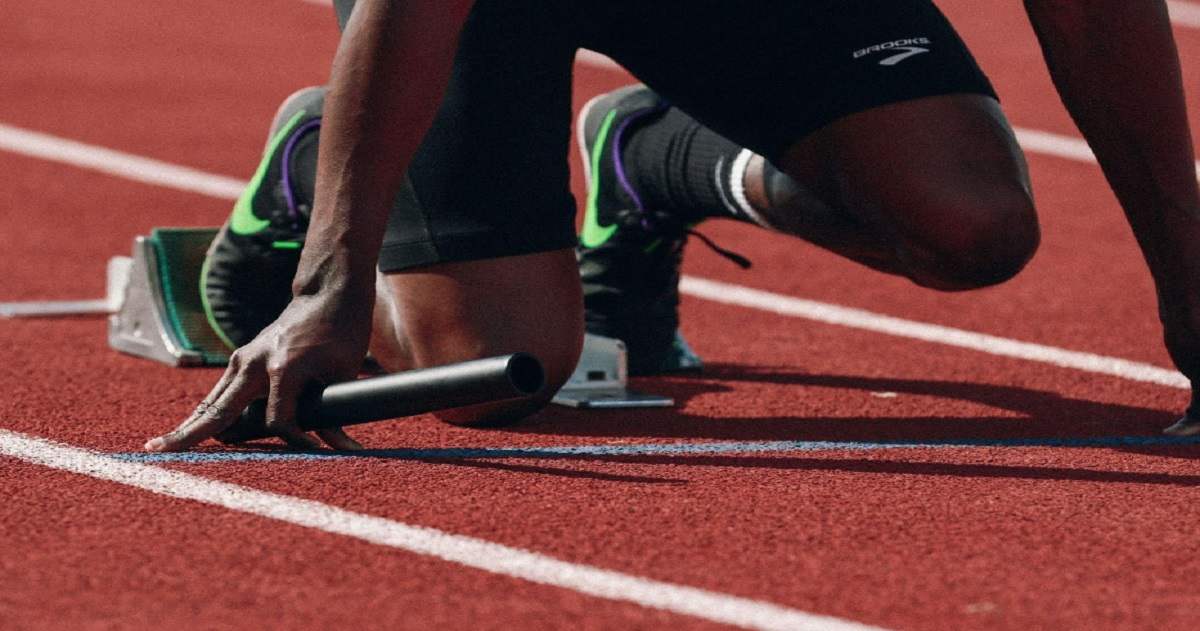
How to Stop Runners Itch: Tips and Remedies
Have you ever wondered, why do my legs itch when I walk? Runner’s itch is an often overlooked skin condition that runners and competitive athletes suffer from in their sporting activities. Runners’ itch causes intense itching and irritation wherever there is heavy sweating, consistent with exercise and training. This condition can significantly affect the focus, pace, endurance and overall performance in high-stakes events like the 2024 Paris Olympics. Understanding what a runner’s itch is and how to prevent/control an athlete must perform at their peak. Here, we will look at how to stop runners itch, its causes and preventive measures.
What is Runners Itch?
At first glance, a runner’s itch is an exercise-induced itch due to the skin coming in contact with substances that can irritate the skin. It is a lot more than that. Runner’s itch is a skin inflammation condition that can affect any part of the body that perspires causing intense itching and irritation. It mostly affects the legs of runners involved in activities like running, jogging and marathon-type sports.
Athletes with this condition complain of intense itching and prickling sensation that gets worse when scratched. Recreational and competitive runners are prone to developing runner’s itch, especially when exposed to heavy exercise or sweating.
Common Symptoms of Runner's Itch
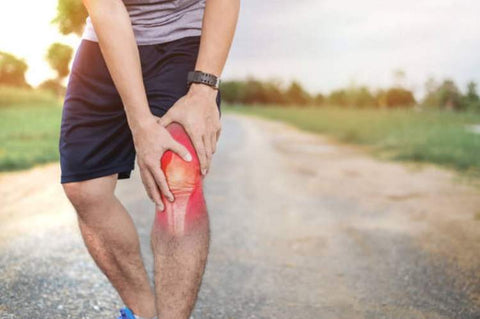
The first and most common sign that an athlete might have a runner’s itch is intense itching. It shows up every time there is sweat in a particular area. Most commonly the legs., This itching would feel like a prickling, tingling sensation that worsens when you rub or scratch it. The effect can range from a mild discomforting itch to a full-blown irritable feeling that is severe and almost unbearable.
Redness and Bumps
Small raised bumps occur on the skin or affected area when a little sweat gets on the area, especially if left untreated. The skin appears visibly red and sandpaper-like in texture. The bumps can be itchy on their own or with the skin around them.
Swelling
As the condition progresses, especially when not well managed or treated, the skin can suffer more severe symptoms like swelling of the affected area. This symptom is due to fluid buildup from inflammation under the skin’s surface. It becomes even more discomforting, adding more pressure to the itch.
Burning Sensation
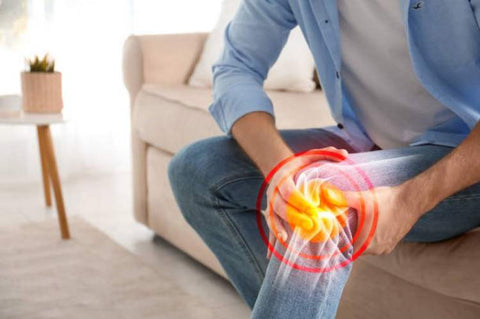
In some cases, there may be a report of a burning feeling or sensation in the affected area. It can be felt anywhere on the body, not only on the legs making the skin feel hot and stinging. The burning sensation does not show up at the start but as the condition progresses.
Exacerbation from Scratching
As the discomfort and severe irritation continue, there is a buildup of the urge to scratch the skin for relief. Scratching the affected area would cause damage to the upper layer of the skin. It can develop quickly into open sores at risk of a bacterial infection.
What Causes Runners Itch?
The direct cause of the runner’s itch is not fully known as more research goes into the condition. We can link it to heavy perspiration during rigorous workouts that activate an allergic or inflammatory response on your skin causing it to flare up. Its effect is worse after long workouts under humid conditions. Several factors can trigger an itching response on the skin. Understanding these causes is key to preventing and managing the condition:
Increased Blood Flow
When you run or do extensive workouts, your blood vessels expand, causing an increased blood flow to your muscles. The sudden change can irritate the nerve endings, especially in the active parts of the body, causing an itching sensation.
Dry Skin
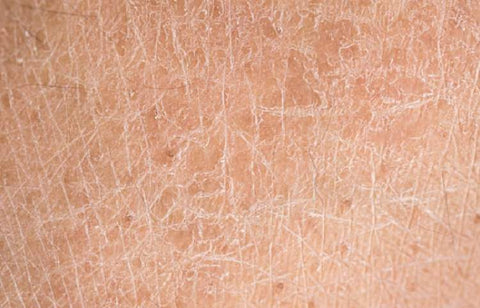
Our skin does its best to keep us moisturised and hydrated all day long. A lack of moisture in the skin can trigger an itching sensation that can either be temporary or extend for a while affecting one or more body parts. Dry, flaky skin is prone to irritation, especially during physical activities that cause them to sweat.
Allergic Reactions
Individuals react to certain substances or chemicals they come in contact with before running. It could be an allergic reaction to certain fabrics, detergents or products they used right before hitting the track. Their skin reacts to these substances, causing discomfort and itching.
Heat and Sweat
Exposure to heat or especially humid environments can trigger itching on the skin. Heat and sweat are a bad matchup for athletes not just hygienically but because they can clog the pores and trigger skin conditions, one of which is the runner’s itch.
Cholinergic Urticaria
While this condition is rare, it is a type of condition where heat from exercise triggers a histamine response that manifests on the skin as itchy hives or welts, especially in the legs. As the body heats up more during exercise, the discomfort worsens.
How Long Does a Runner's Itch Last?
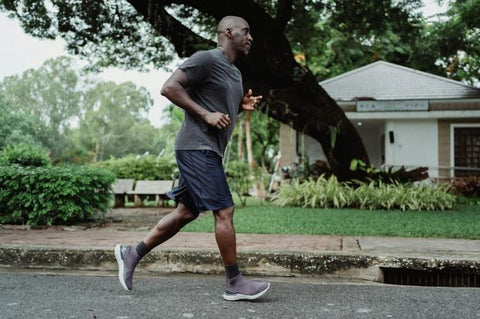
The duration of a runner’s itch varies between individuals. It usually depends on the current phase of the condition, how long it has been left untreated and how well it has been managed over time. The cause of a runner’s itch can be any of several factors, there is no definite time it may start or stop. Here is a more detailed timeline to help better understand it:
During Exercise
Here, the itching may start immediately when a part of the body is active and blood flow increases to that area. Once the activity stops, the itching sensation reduces over time. It is more common with dry skin or an underlying skin condition like urticaria
Immediately After
The discomfort and itch start immediately after a heavy workout or towards the end of a rigorous activity. The effect will continue to linger for 30 minutes to an hour and might take even longer with increased movement or activity.
Lingering Effects
For some individuals, especially in severe cases, the itching can stop right after the activity stops. However, inflammation and discomfort can linger for 24 hours or longer in the affected area. Blisters or sores from itching in the affected area can take many days to heal, even with treatment.
Recurring or Chronic
The condition can recur with each workout session or activity caused by an irritation or allergic reaction. It will continue until the trigger is discovered and avoided completely. In some individuals, it might be chronic urticaria causing lifelong susceptibility.
How to Stop Runner's Itch?
Runner’s itch is best sorted and controlled early before it progresses into an unbearable condition that affects performance completely. Combining pre-run and post-run techniques can help handle the runner's itch completely.
Pre-Run Preparation
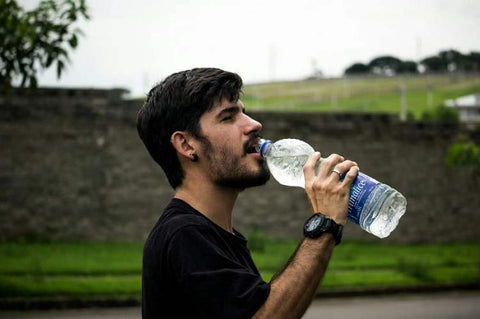
Ensure your skin is well-hydrated right before hitting the track with lots of water and a good moisturiser. Wear comfortable clothes and fabrics that will not irritate your skin, helping to reduce friction and irritation. Before using any product, including antiperspirants, do a patch test to check for allergic reactions. A warm-up before every activity is also important to ease your muscles and transition to increased blood flow.
In-Run Techniques
Stay cool and hydrated during workout sessions by keeping water handy and close by. Wear breathable clothes to keep you aerated. Use antiperspirants suitable for your skin type to prevent allergic reactions, and control sweat and moisture buildup. During workouts, gradually build up your pace and avoid intense activities at the start, giving your body time to adjust.
Post-Run Care
After a good run, exercise or workout, slowly cool down your body to allow blood flow to normalise. Take a shower to wash off substances that might irritate your skin and remove sweat to reduce the risk of a runner’s itch. Apply a gentle moisturiser to your skin after, especially if you have a dry skin type.
Conclusion
Runner’s itch is easy to control and maintain once you understand what causes it. For workout habits and routines, changing your choice of product, fabric, or routine can make all the difference. If caused by an underlying skin condition, consulting a dermatologist can best help find an effective and long-lasting solution to a runner’s itch. With the right methods in place, you enjoy a smoother performance at high-stakes events like the Paris Olympics.

Why is Pubic Hair so Thick: Causes, Insights, and Solutions

Ulike Air 10 vs Philips Lumea 9000: Which Device Is Better?

